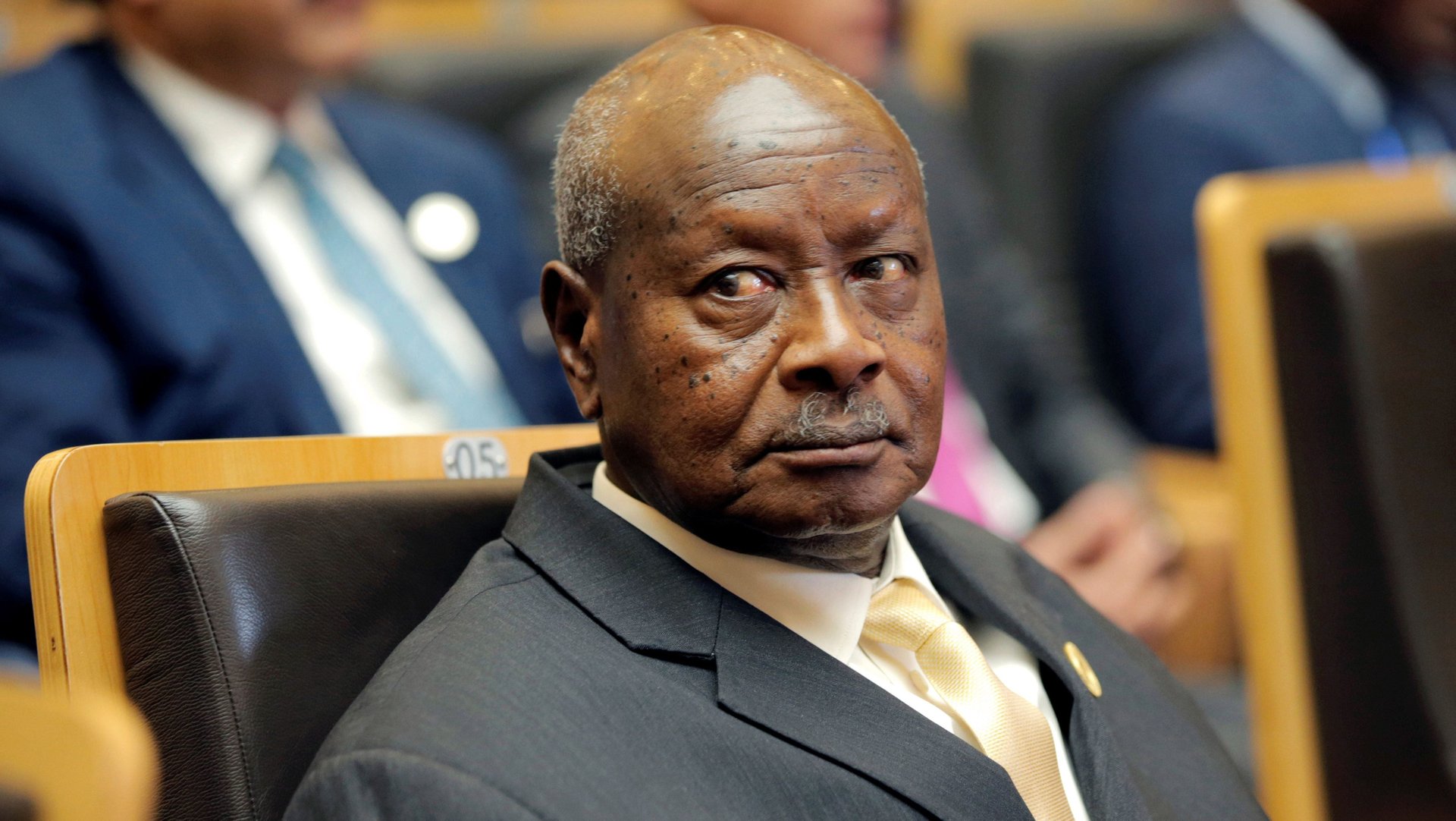A court case in Uganda could have implications for future internet shutdowns in Africa
Digital rights advocates in Uganda are finally getting their day in court.


Digital rights advocates in Uganda are finally getting their day in court.
On Monday (Nov. 12), the high court in Kampala will review a case petitioning the dual internet shutdowns the country experienced during the February 2016 polls. The East African state blocked social media outlets like Facebook and Twitter both during voting day and ahead of the swearing-in ceremony of president Yoweri Museveni. Telecom companies had cut services saying they were directed by the country’s communications regulator.
The election pit Museveni, who has ruled the nation for over three decades, against opposition leader Kizza Besigye and former prime minister Amama Mbabazi. The campaigns were dogged by violent protests and arrests of key candidates, while a record number of young people ran for office seeking change.
Several months later in September, the online advocacy group Unwanted Witness filed a case demanding the government, internet service providers and regulators explain the shutdown. The case highlighted how the shutdown violated constitutional rights to free expression and information and affected both individuals and businesses; estimates show that cut-offs cost Uganda almost $2 million daily.
For two years, nothing was forthcoming until now. In legalese, reviewing the case will involve the court hearing the admissibility of the claims and petitioners says Peter Micek, the general counsel at digital rights organization Access Now. “They may decide the claims are better filed in a different court, or the petitioners do not have standing; or, the court may decide the requirements are met, and tell parties to prepare for a hearing on the merits of the case.”
Since the 2016 elections, critics say the internet has become the new battleground to silence growing online opposition to Museveni’s administration. In July, the government introduced a social media tax in a bid to raise domestic revenue and stop online “gossip.” But early reports already show the taxation could undermine economic growth in Uganda, reduce mobile operators’ income, and jeopardize thousands of jobs in the digital sector. The ad hoc fees will also cost the economy $750 million this year alone.
If the case is heard, it could shed light on how shutdowns happen and are “justified” in Uganda, says Berhan Taye, who leads Access Now’s global campaign to stop internet shutdowns. Similar court cases in Cameroon have so far failed to yield any action, with the constitutional court dismissing them. But if the Ugandan court eventually decides for the petitioners, it could also issue an injunction to prevent future blocks, an important step in the right direction, she says.
And if not, Berhan tells Quartz that “exhausting local remedies will enable digital rights defenders to push this case to sub-regional and regional courts in Africa and set precedence across the continent.”
Sign up to the Quartz Africa Weekly Brief here for news and analysis on African business, tech and innovation in your inbox